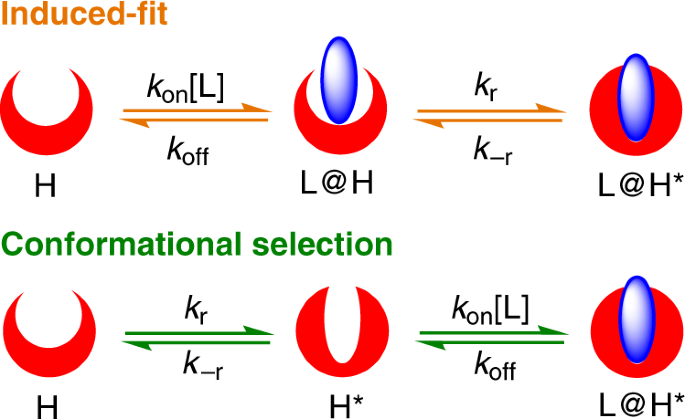- Select a language for the TTS:
- UK English Female
- UK English Male
- US English Female
- US English Male
- Australian Female
- Australian Male
- Language selected: (auto detect) - EN
Play all audios:
Researchers have found an easy way to deposit metal nanoparticles on a surface — using sticky tape. Adding nanoparticles to a surface can give it properties such as electrical conductivity.
Bartosz Grzybowski at Northwestern University in Evanston, Illinois, and his colleagues showed that when commercial Scotch tape is peeled away, bonds within the tape polymer break and
radicals form on its surface. These then react with metal salts to produce metal nanoparticles on the tape. When the team placed peeled tape into a solution of silver nitrate for several
hours, the tape turned yellow-orange — indicating that silver nanoparticles had formed. The silver-coated tape showed antibacterial activity and remained sticky. _J. Am. Chem. Soc._
http://doi.org/zzn (2015) RIGHTS AND PERMISSIONS Reprints and permissions ABOUT THIS ARTICLE CITE THIS ARTICLE Nanoparticles stuck on tape. _Nature_ 518, 140 (2015).
https://doi.org/10.1038/518140b Download citation * Published: 11 February 2015 * Issue Date: 12 February 2015 * DOI: https://doi.org/10.1038/518140b SHARE THIS ARTICLE Anyone you share the
following link with will be able to read this content: Get shareable link Sorry, a shareable link is not currently available for this article. Copy to clipboard Provided by the Springer
Nature SharedIt content-sharing initiative

:max_bytes(150000):strip_icc():focal(216x0:218x2)/benedict-cumberbatch-1-435-4-20cc736017b24435a3498a49d7c22b0e.jpg)






